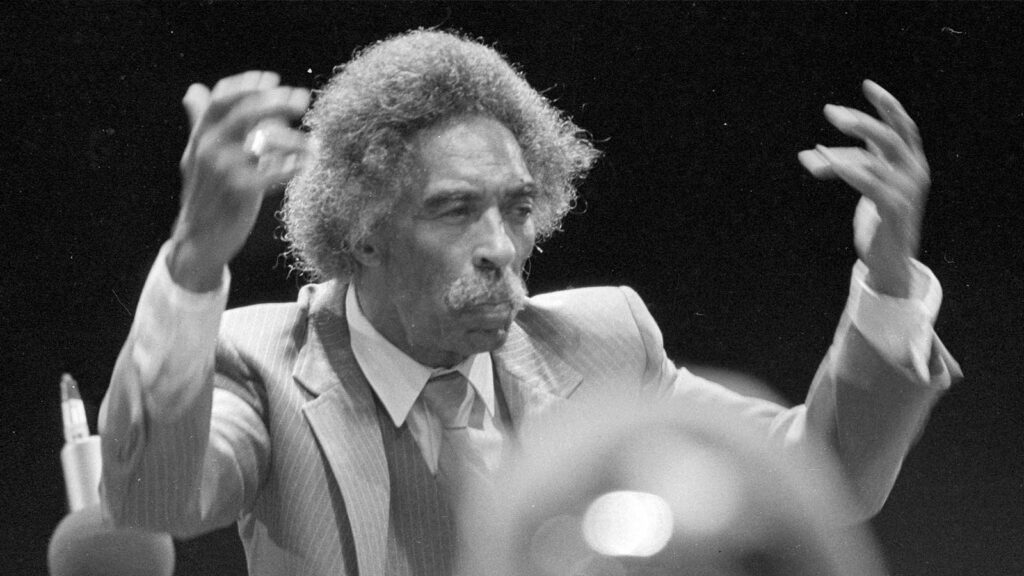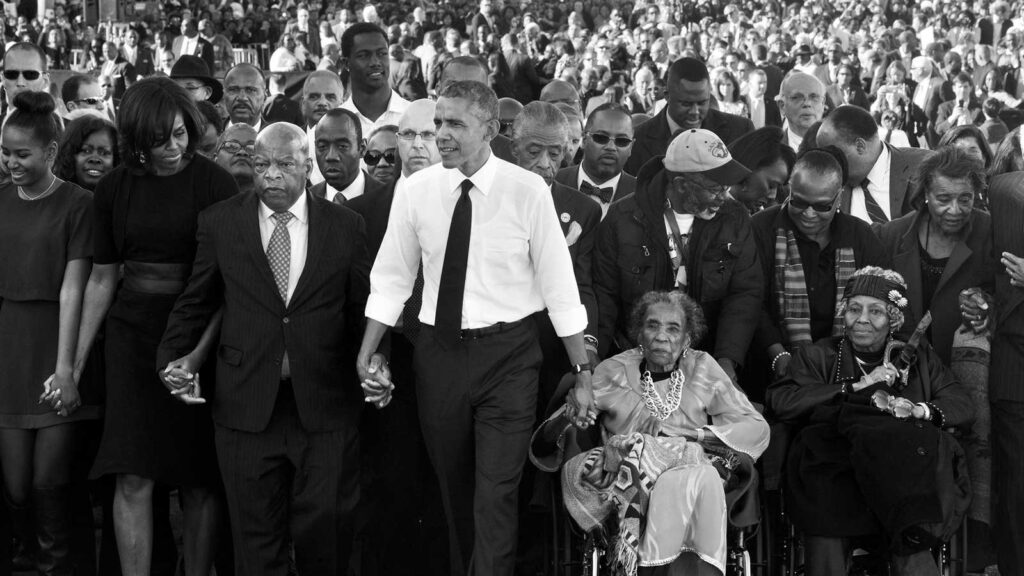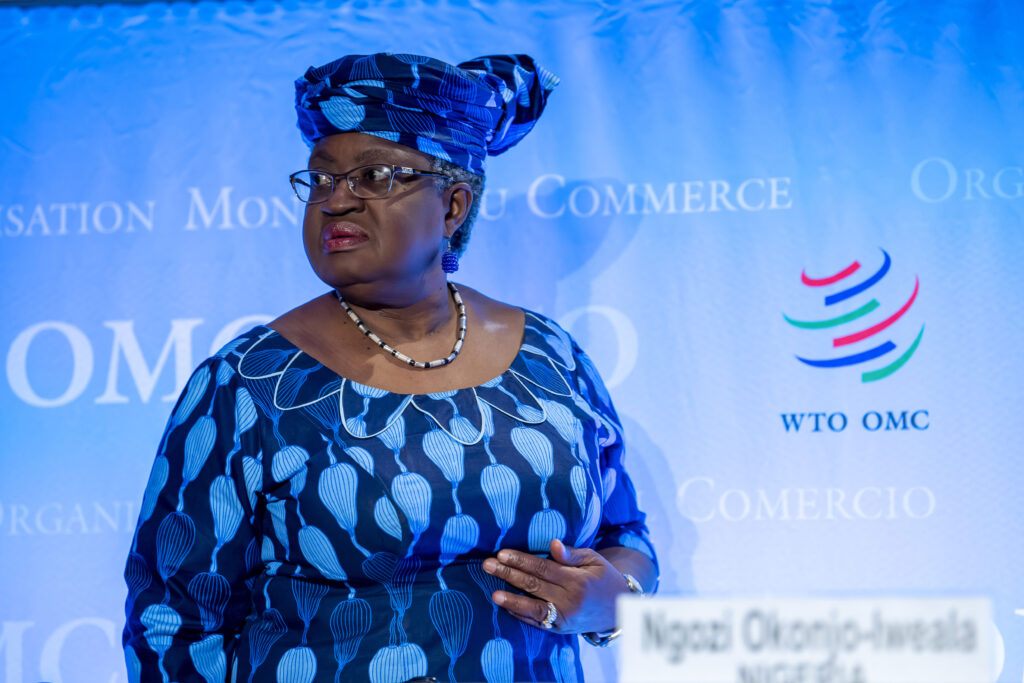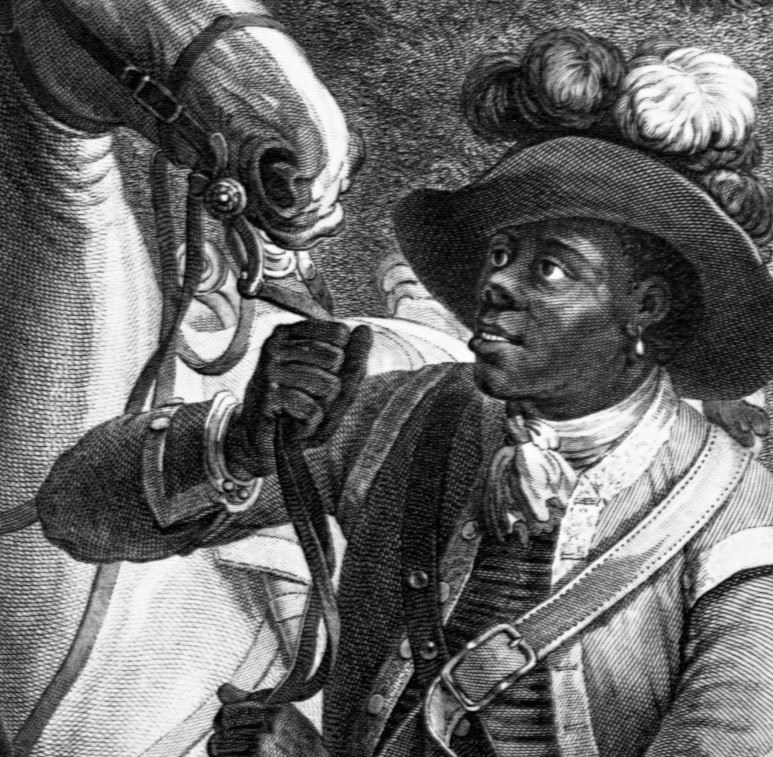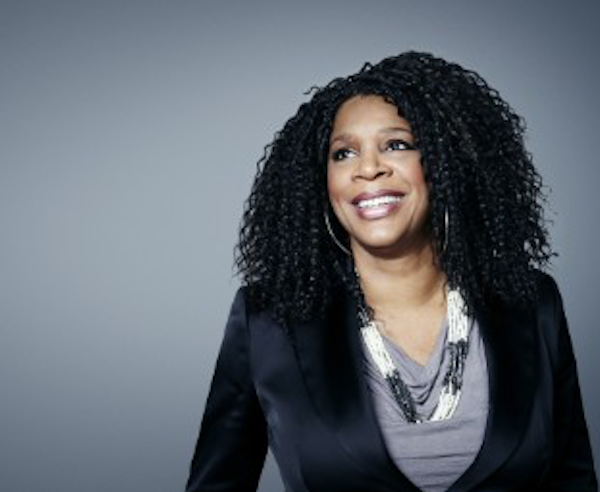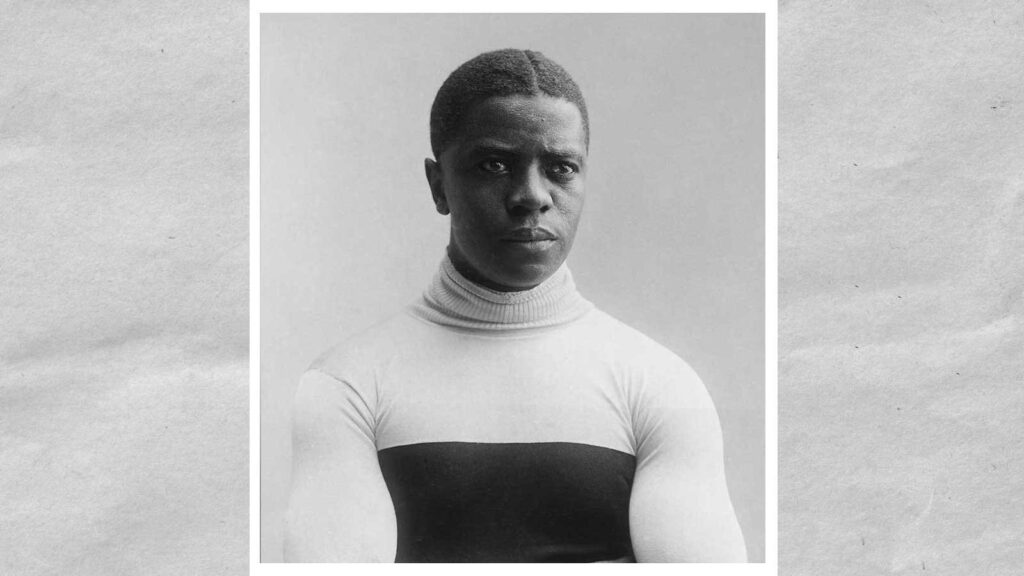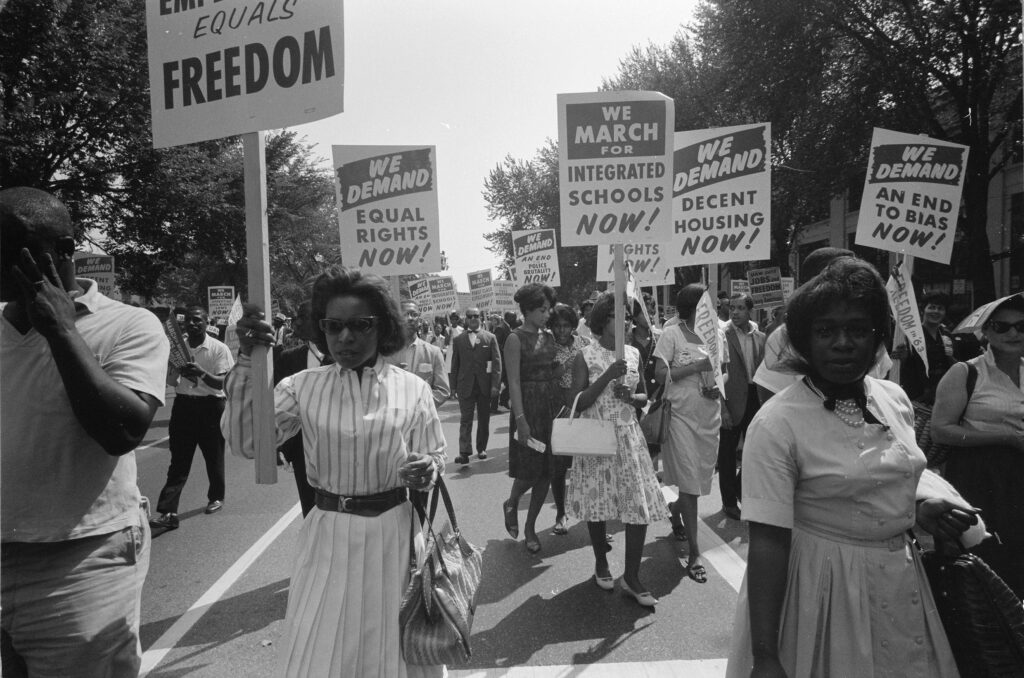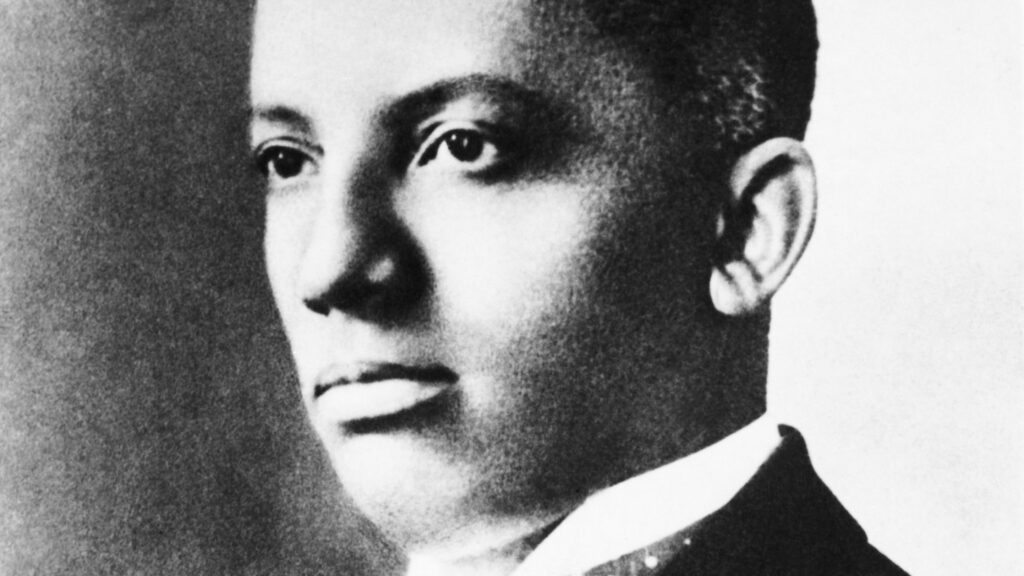Josh Gibson was one of the most dominant sluggers in baseball history
By Amir Vera Although racism and fate kept him from the major leagues, Josh Gibson was one of the most dominant sluggers in baseball history. The former Negro Leagues star is credited with hitting almost 800 home runs over his 17-year career and was such a fearsome hitter that many fans called him the “black Babe Ruth.” Some who saw both play even called Ruth the “white Josh Gibson.” Because of incomplete statistics, many of Gibson’s legendary feats – like hitting a ball 580 feet at Yankee Stadium – are just that, the stuff of legends. Even his origin story


